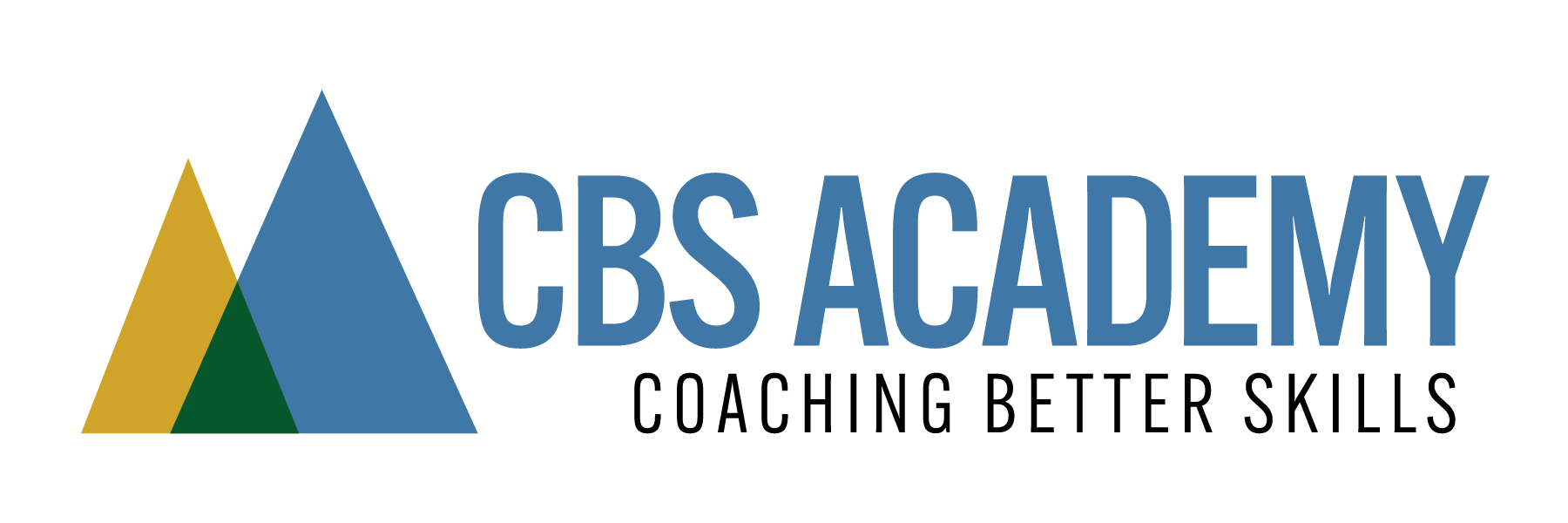Call Calibration sessions are a critical tool for managers to assess the performance of their agents and ensure consistent quality of customer interactions. During these sessions, managers review recorded calls with agents, identify areas for improvement, and provide feedback to enhance the agents' skills and overall performance. The effectiveness of these calibration sessions is directly related to the ability of managers to control the session and maintain a productive and focused environment.
Write your awesome label here.
In conclusion, controlling a call calibration session is a critical component of effective call session management. By setting clear objectives, managing the conversation, creating a supportive environment, and using objective criteria, managers can ensure that these sessions are productive and focused on improving agent performance and delivering consistent quality of customer interactions.
